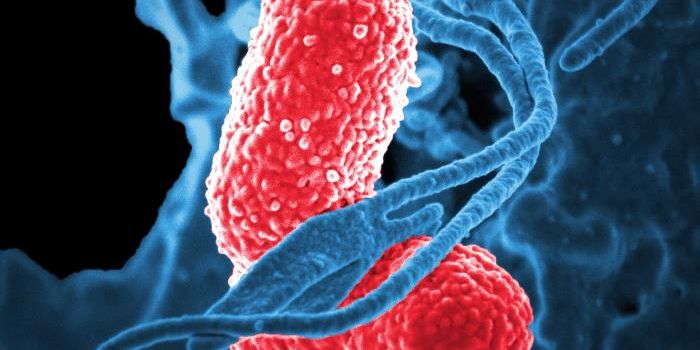Promising Epigenetic Treatment for Depression Works After One Dose
Researchers affiliated with the University of Sao Paulo in Brazil have used epigenetic modulators to reduce stress-induced damage to neuroplasticity, and thus resolve symptoms of depression in rats. Whereas conventional antidepressants need to be taken repeatedly before they take effect, their current interventions worked after one dosage.
Stress is known to alter certain epigenetic markers associated with neuroplasticity in the brain. In particular, it increases DNA methylation, a chromatin remodeling process that regulates gene expression. Most current antidepressants work to reduce this process.
For the study, the researchers decided to focus on modulating brain-derived neurotrophic factor (BDNF), a protein of the nervous system known to regulate neuronal plasticity. This comes as stress increases DNA methylation of the gene behind BDNF, which reduces its expression, and thus goes on to block the efficacy of antidepressants.
As such, the researchers hypothesized that they would be able to shortcircuit this process by using a genetic modulator to inhibit DNA methylation. In doing so, they would allow BDNF levels to return to normal, and thus produce an antidepressant effect.
“If the antidepressant effect is indeed linked to normalization of the methylation profile, so that conventional drugs take time to work because it takes time to eliminate stress-induced alterations, we imagined that direct modulation of these epigenetic mechanisms would produce the effect rapidly.” says Samia Joca, lead author of the study.
To test their hypothesis, the researchers tested two drugs that, while inhibit the same enzyme responsible for DNA methylation, are not chemically related. During experiments monitoring rats in two different stressful scenarios, they found both interventions produced rapid antidepressant effects. They also found that while most conventional antidepressants work with chronic use, these interventions worked rapidly and acutely.
“It’s important to note that these drugs can’t be used to treat depression because if they reduce DNA methylation unrestrictedly, they’ll increase the expression of several genes rather than just the gene that interests us. So there will be adverse effects. The findings point not to prospects for novel antidepressants but to an interesting angle from which to develop novel treatments.” says Joca.
Sources: Neuroscience News, Molecular Neurobiology
-
MAY 07, 2024Is It Anti-RNP or Anti-Sm/RNP?
- See More
-
APR 30, 2024Immuno-Oncology Virtual Event Series 2024
-
MAY 07, 20243rd International Biosecurity Virtual Symposium
-
MAY 23, 2024For the Love of Digital PCR 2024
- See More


















































